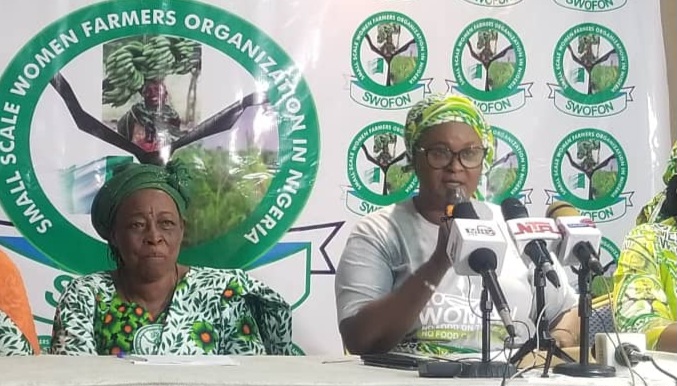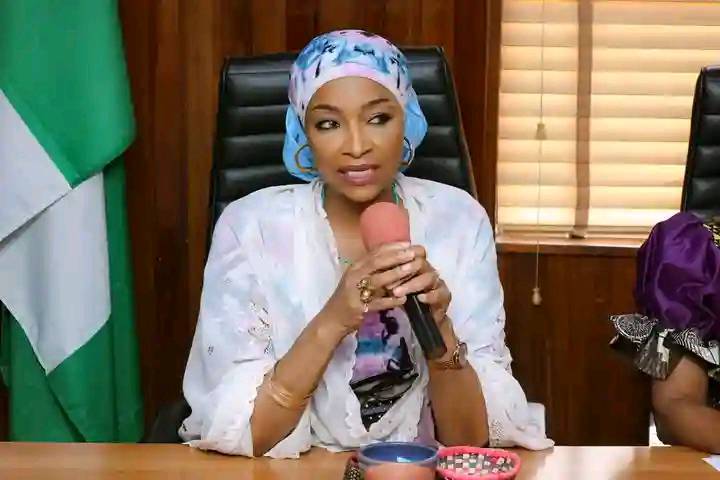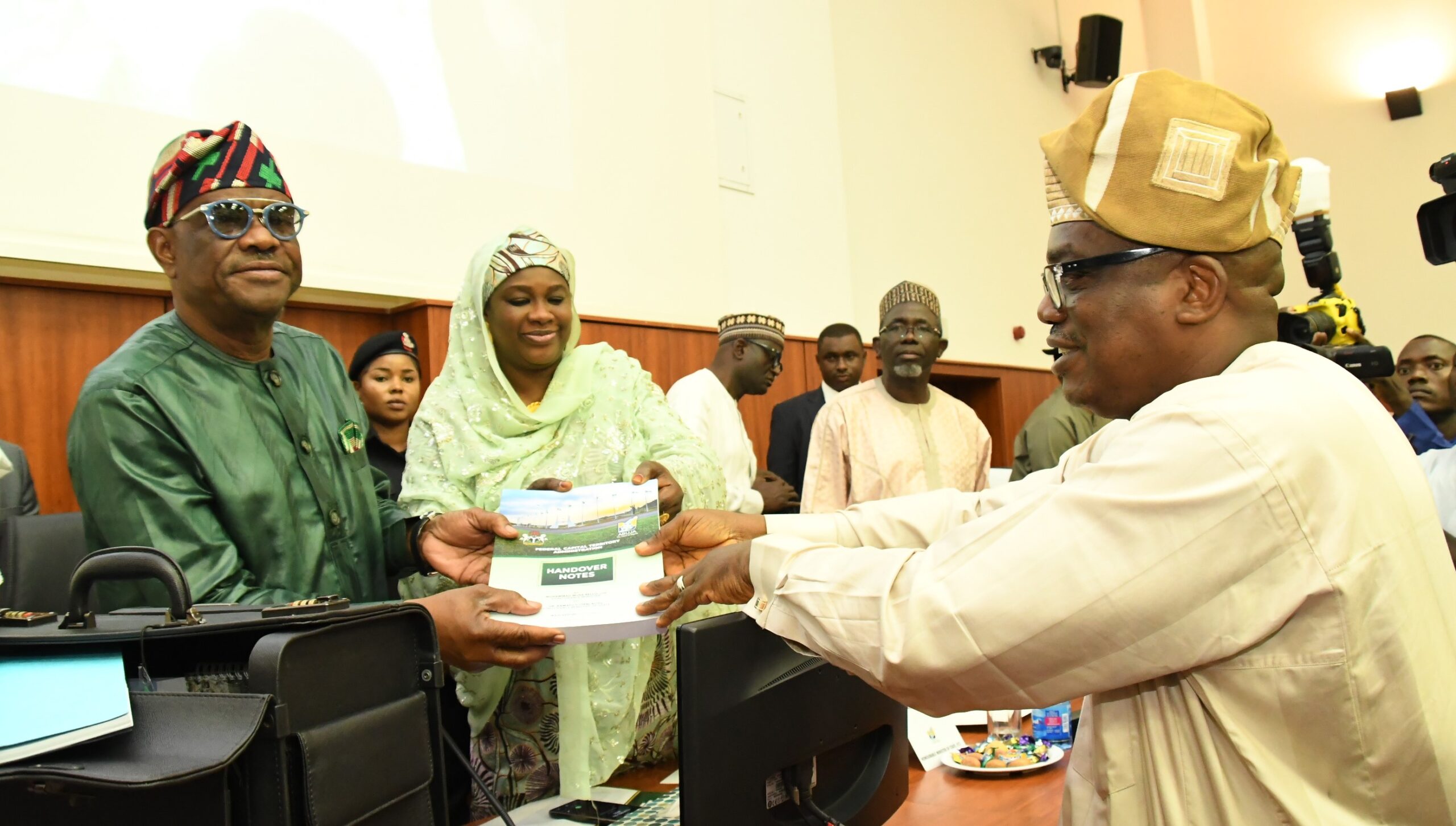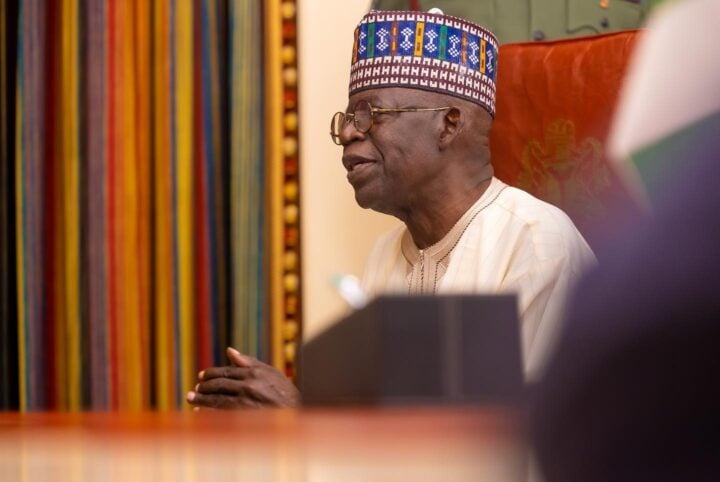The Smallscale Women Farmers Organisation in Nigeria (SWOFON) has called on President Bola Tinubu to provide palliatives for women farmers in the country.
Speaking at a press conference in Abuja on Tuesday, Mary Afan, SWOFON national president, said the recent removal of the petrol subsidy has led to an increase in the cost of transportation, a hike in the prices of food as well as those of goods and services in the country.
Afan said the decision of the government has also created a rise in the cost of farm inputs, which she noted has had “profound implications”, particularly on “smallholder women farmers who are the backbone of our agricultural industry”.
“Since the announcement by Mr President, the average cost of farm inputs has risen by 71%,” she said.
Advertisement
“Farm labour cost has also risen by 149%, not forgetting transportation cost that has risen by over 130%.
“For example, before the kick-off of the new policy regime, farmers pay between N800 to N1200 from their farms to the market. Now we pay N2000 to N2500.
“The cost of fertilizer (Urea and NPK) at the market now sells for N28,000 and N35,000, respectively, which was sold for N17,000 and N30,000 before the policy of the government set in.”
Advertisement
Afan added that high prices have forced women farmers in the country to reduce the size of their farmlands.
“We are witnessing a challenge that requires the prompt attention of the federal and state governments,” she added.
“If left unaddressed, the increased burden on us the farmers could lead to food insecurity, severe nutritional deficiencies, high poverty levels, and a further decline in farmers’ already challenging economic situation.
“As an umbrella body for smallholder women farmers in Nigeria, we have received and keep receiving reports of the challenges smallholder women farmers are facing in their various states.
Advertisement
“While many small-scale agricultural ventures have closed up, many more smallholder farmers are on the verge of losing their livelihood.
“For Nigeria to be food secure, we must work in synergy and support the frontline officers and women farmers who are working tirelessly to make sure that there is food on our table.
“Smallholder women farmers play an indispensable role in our nation’s food security and economy. Women are involved in all parts of the agricultural value chain, and they make up 70% of the agricultural workforce in Nigeria.
“Failure to capture them and mainstream them into strategic intervention plans by the government such as the palliative plan is like choosing to run a sprint on one leg.”
Advertisement
The SWOFON president urged the federal and state governments to take swift actions to address the pressing issues raised.
“We urge the federal government to take swift and decisive action to address these pressing concerns and thereby demonstrate its commitment to the welfare of our farmers and the overall prosperity of Nigeria,” she said.
Advertisement
“We are confident that Nigeria can be food secure if women farmers are well considered and targeted during government intervention programs.”
Advertisement
Add a comment






